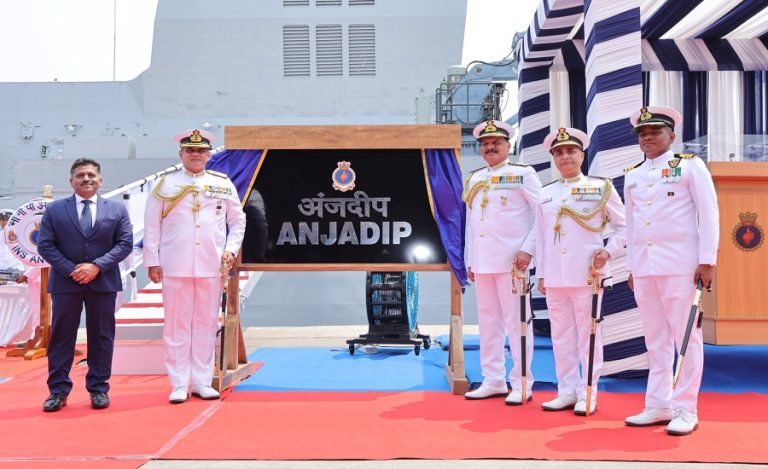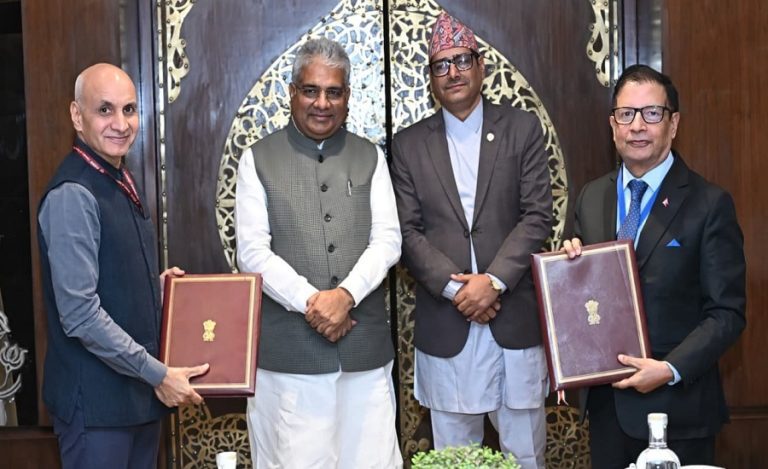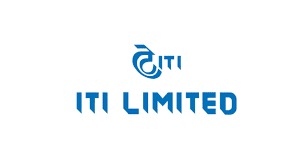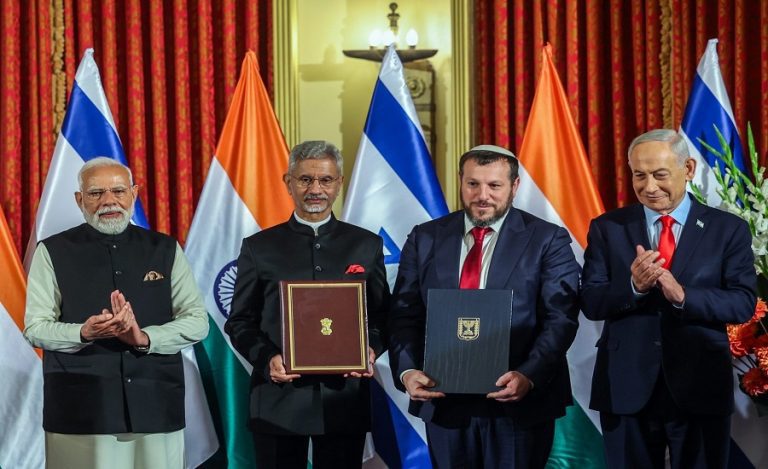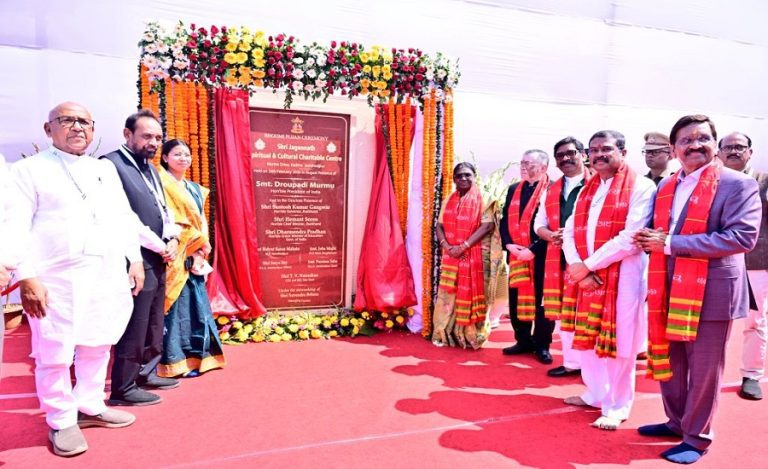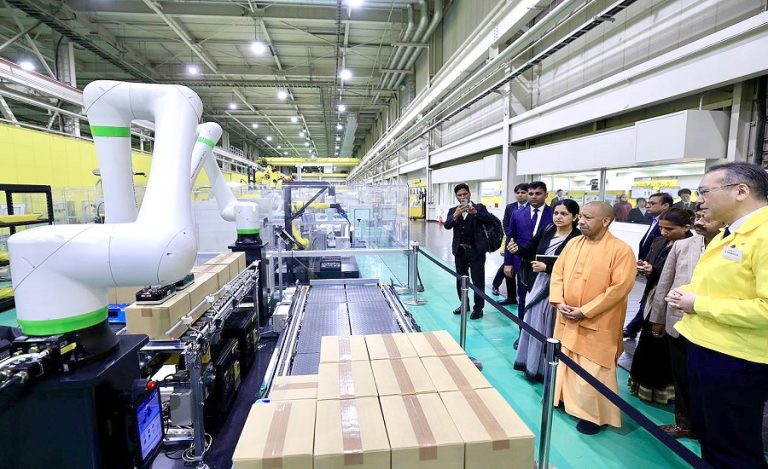In a bold move to align industrial growth with workforce readiness, the Gujarat government is finalizing a transformative industrial policy. This policy will make it mandatory for all new major industrial projects to allocate at least 2% of their total project cost towards skilling, reskilling, and upskilling initiatives.
Strategic Collaboration Between Departments
The upcoming policy is a joint initiative of the Labour and Employment Department and the Industry and Mines Department. Top-level coordination is underway to roll out comprehensive, sector-specific strategies for enhancing skill development across the state.
Massive Skilled Workforce Needed by 2030
As Gujarat continues to position itself as a global hub for advanced and next-generation industries, an estimated one crore additional skilled workers will be needed by 2030. According to government officials, meeting this demand requires active industry participation in workforce development.
Incentivizing Investment in Human Capital
The new policy aims to integrate skill development investments into the broader industrial promotion framework. All sector-specific industrial policies will now encourage skilling as an eligible and recognized component of overall project costs.
Mandatory Skilling Provision for Mega Projects
For industrial investments exceeding Rs. 1,000 crore, Memorandums of Understanding (MoUs) will now include provisions requiring 1-2% of the project cost to be dedicated to training and skilling infrastructure.
Projected Rs. 50,000 Crore Investment in Skill Development
Over the next five years, industries in Gujarat are expected to invest more than Rs. 50,000 crore in skilling, reskilling, and upskilling initiatives. This monumental investment aims to build a future-ready workforce and maintain Gujarat’s leadership in industrial growth.
CSR Funds May Be Tapped for Skilling
Officials indicate that corporate expenditure on in-house training could count towards CSR obligations under the Companies Act. There may also be a mandatory threshold mandating 10-20% of CSR funds to be earmarked for skilling and training initiatives.
Institutional Synergy Through Collaborations
Industries will be encouraged to collaborate with academic institutions and skill development agencies to maximize returns on skill development investments. Such partnerships are expected to enhance the relevance and quality of training programs.
Establishment of Gujarat Sector Skill Task Force (GSSTF)
To cater to the niche requirements of high-tech and futuristic industries, the Gujarat Sector Skill Task Force will be set up under the ambit of Kaushalya Skill University (KSU). This body will serve as a specialized unit focused on dynamic skill mapping and responsive skilling models.
A Model for Industrial States Nationwide
With this forward-thinking policy, Gujarat is not just fostering industrial growth—it’s laying the groundwork for a sustainable, skilled ecosystem. This initiative could serve as a replicable model for other industrial states across India.


